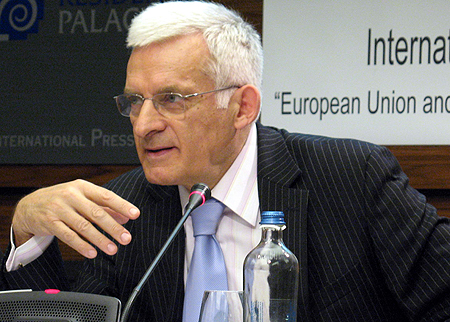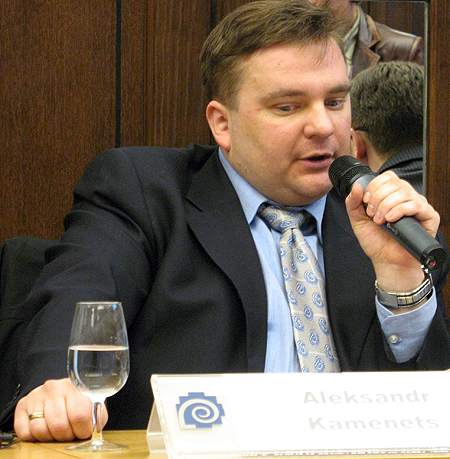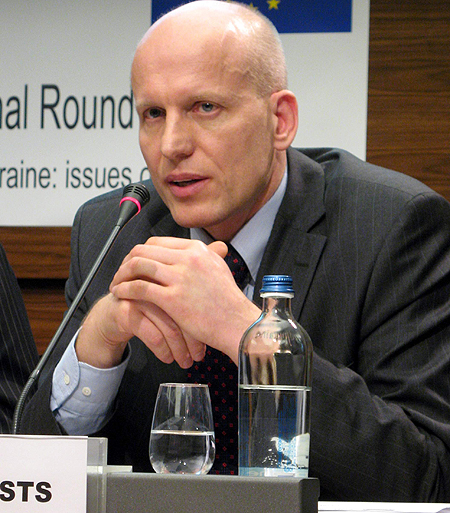Ukraine-EU: Energy Security Issue” roundtable, which united Ukrainian public figures and experts with European politicians, took place in Brussels on 21 March. The discussion focused on what could be done by Ukraine to increase the energy security of EU. Ukrainian expert Rostyslav Ishchenko is convinced that Ukraine should return to the issue of creating a trilateral gas consortium – with Russia and EU.
European Parliament Member Irzhi Buzek (the people’s parties group, Poland) is convinced that Ukraine may help Europe become more independent from Russian energy carriers.

But only in case if it proposes to transport energy resources, alternative to those of Russia. At that, the MEP stressed he is not opposed to collaborating with Russia, but being energy dependant only on Russia may be insecure.
Chairman of the Association for Defense of Private Investments Oleksander Kamenets is convinced that Ukraine must increase its energy market transparency, and, to reach this goal, it should amend the legislation.

Otherwise, the situations, similar to takeovers of oblenergos in 2005 by Russian businessman Konstantin Hryhoryshyn, threaten not only the stability of the Ukrainian market, but also the fulfillment of Ukraine’s obligations to its European partners.
Vice-President of EP Committee for Economic and Monetary Affairs Guntars Krasts (the right-wing parties group, Latvia) also spoke about the importance for EU of the stable operation of the Ukrainian energy system.

In particular, he advised the Ukrainian authorities to refuse from collaborating with dubious companies, obviously, hinting at RosUkrEnergo, which, after the January-2005 Russian-Ukrainian gas crisis, actually became a monopolist gas supplier to Ukraine, and, simultaneously, became an object of attentive studying in the West.
